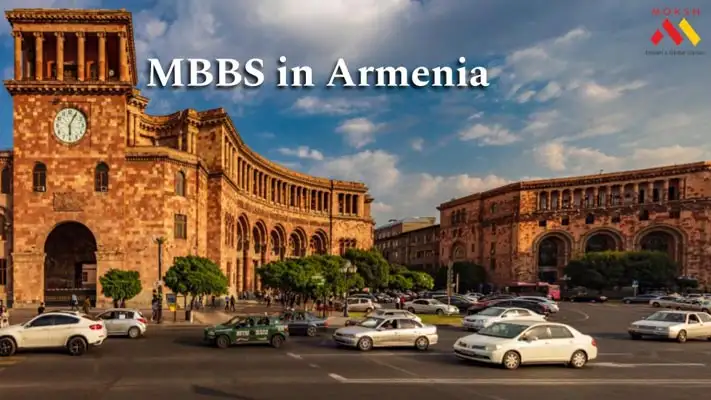
Table of Contents
- About Armenia
- Quick Facts
- Life in Armenia
- MBBS in Armenia for international students
- Why Study for MBBS in Armenia?
- Best Medicine Universities in Armenia
- MBBS Fees in Armenia
- Cost of Living
- Eligibility Criteria for MBBS in Armenia
About Armenia
The Republic of Armenia is a small, landlocked country in Eurasia. It is a nation with mediocre infrastructure and a law & order situation. The education in Armenia needs to improve in totality. The MBBS course duration is six years; the Indian students are eligible to appear in NEXT.
But, settling for the overall substandard equation of MBBS in Armenia requires more. Undoubtedly, Indian students seeking less expensive MBBS abroad options may consider studying medicine in Armenia.
Quick Facts About Armenia
| No. of Medical Colleges | 9 |
| College Type | Public Only |
| Medium of Instruction | English & Armenian Taught both programs available |
| Degree Awarded | MD Equivalent to MBBS or Physician (General Medicine) |
| Duration | 6 Years |
| Eligibility Criteria | PCB 50% Above |
| Admission Process | University written Exam |
| Indian Students | 8000 (Across All years) |
| Total Budget for MBBS | 30-35 Lacs INR |
| Licensing Exam for Indian Students | Permitted |
| NMC Acceptance | For English Taught Colleges |
| Medical college Recognition | NMC/ECFMG/WHO/ GMC UK |
| Study Pattern | 360 Credits (6 Years) 1st Year -Pre Clinical 2-3 Year -Para Clinical 4-6 Year -Clinical |
| Session Starts | September |

Life in Armenia
Armenia is not in Europe or the EU. Despite its geographical location, Armenia is culturally and politically distinct from Europe. Armenian is the official language, but English is spoken in universities and tourist areas. Learning basic Armenian phrases can go a long way.
Armenia has distinct seasons with hot, dry summers (avg. 27°C/81°F) and cold, snowy winters (avg. -6°C/21°F). Bring warm clothes for winter and light clothing for summer. Be prepared for rain throughout the year.
MBBS in Armenia for international students
The MBBS in Armenia duration is 6 years, which is at par with the new NMC guidelines requiring MBBS abroad students to have done an MBBS of the duration.
MBBS in Armenia has the recognition and accreditation that an international MBBS student may look for—however, the quality of education and infrastructure that Armenia offers needs to be improved. Accreditation alone will mean little if you get the proper education.
If you choose Armenia, you will invest between 22 lakh – 30 lakh INR. You can appear in all Medical PG entrance exams like USMLE, PLAB, NEXT, etc. However, your actual learning and overall experience will be mediocre.

Why Study for MBBS in Armenia?
Are you considering MBBS in Armenia? Armenia, positioned between Europe and Asia, offers an economical option for Indian students pursuing MBBS education overseas. Armenia follows European-style education, focusing on practical knowledge and hands-on learning.
Here are the advantages and disadvantages for you to consider before deciding:
Pros include:
Cons to consider:
Subsequently, with English-medium instruction, globally recognized degrees, and lower tuition fees, Armenia may stand out as an attractive choice to some. Be sure to look into the shortcomings beforehand.
Admission Process: How to apply?
- Globally Recognized Degrees: Degrees acknowledged by WHO and MCI, allowing practice in India after NMC exam.
- English-Medium Instruction: No need to learn Armenian, making it easier for Indian students.
- Duration of MBBS Program: 6 years, similar to India.
- Affordable Tuition: Costs much less (about $4,000-$6,000 per year) compared to private Indian colleges.
- Bologna Process: Armenian medical education aligns with international standards.
- No Entrance Exams: Unlike other countries, Armenia does not require entrance exams like NEET for Indian students to enrol in MBBS programs.
- Low Patient Inflow: Fewer patients than large Indian hospitals, impacting practical learning.
- Competitive Licensing Exams: NMC exam in India is mandatory, with a 56% pass rate in 2022.
- Inadequate Infrastructure: Limited medical infrastructure affects clinical exposure.
- Funding Concerns: Inadequate state funding raises access issues; reliance on out-of-pocket payments prevails.
- Cultural Challenges: Adapting to Armenian culture and language may be challenging.
- Limited Job Opportunities: Graduates may need to seek opportunities outside Armenia, especially early in their careers.




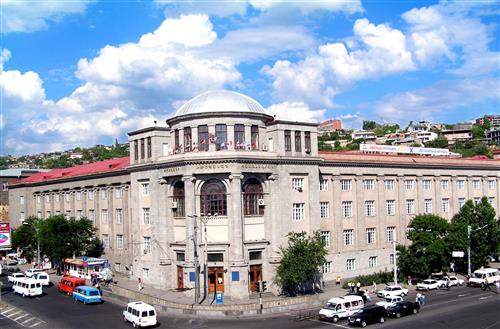

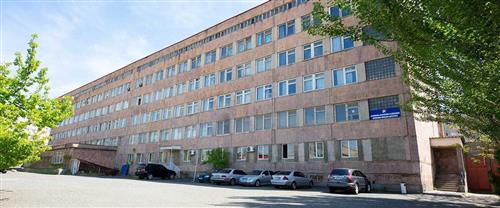

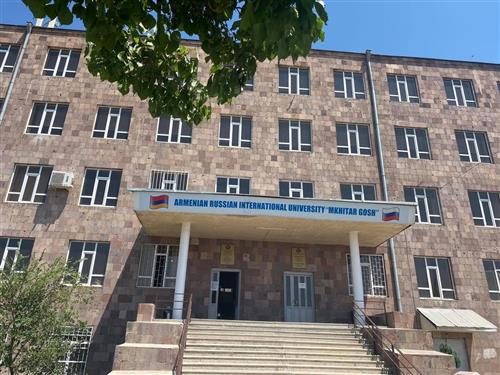

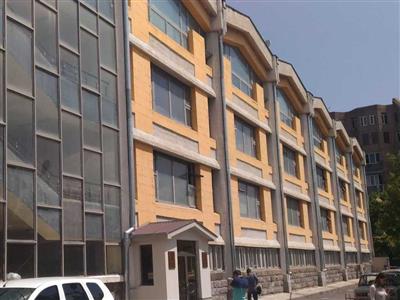

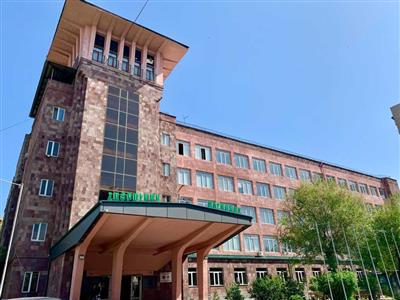



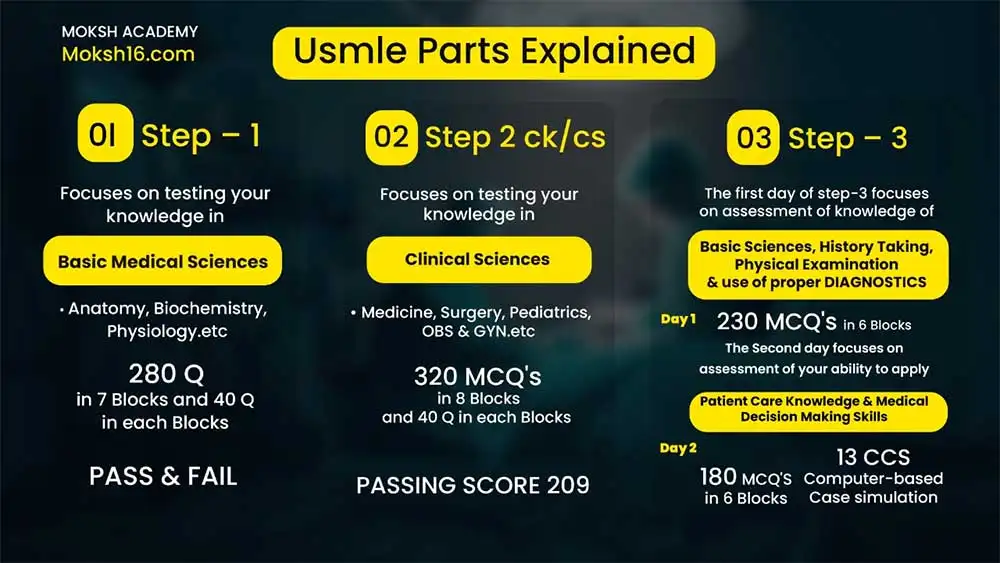


.png)



